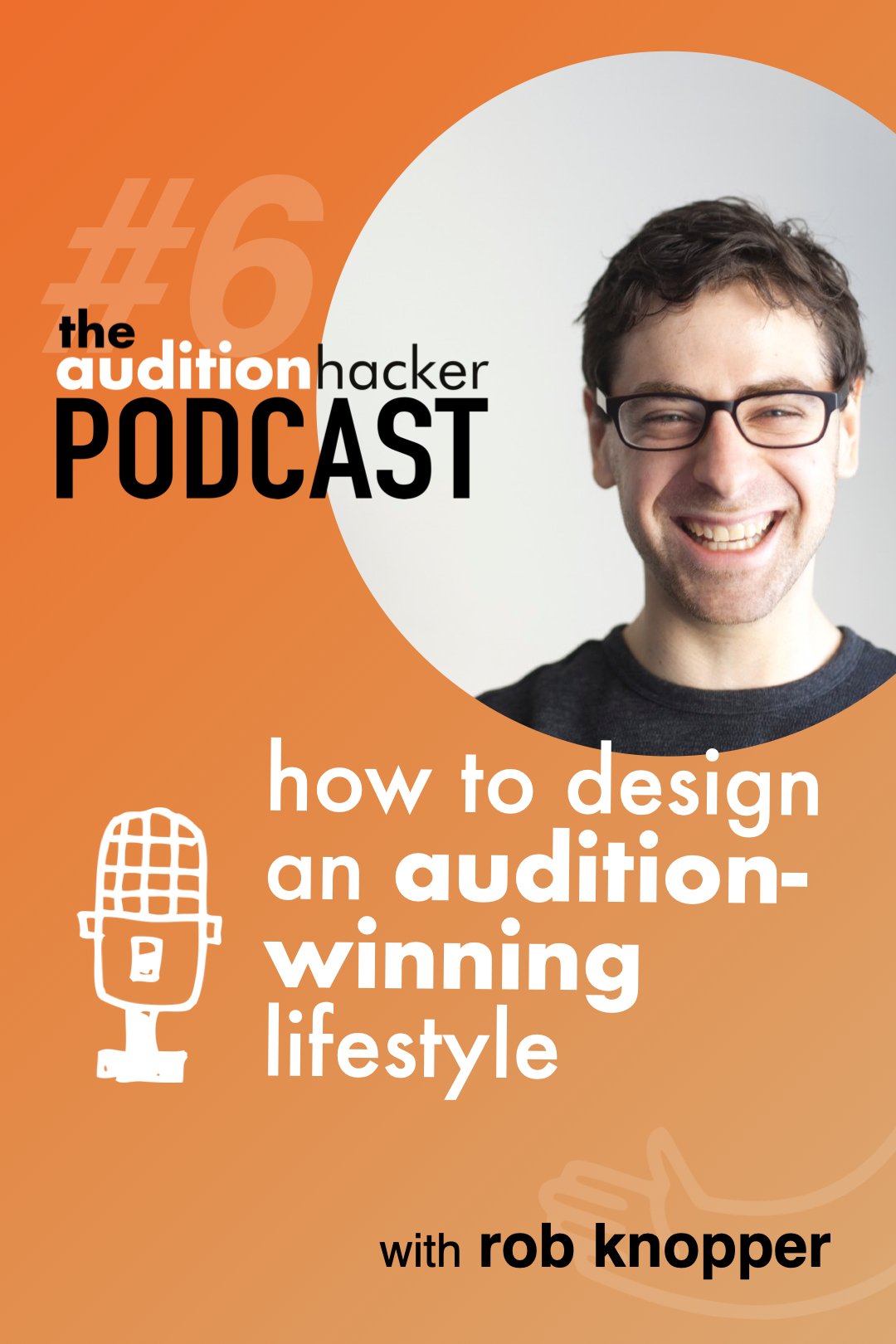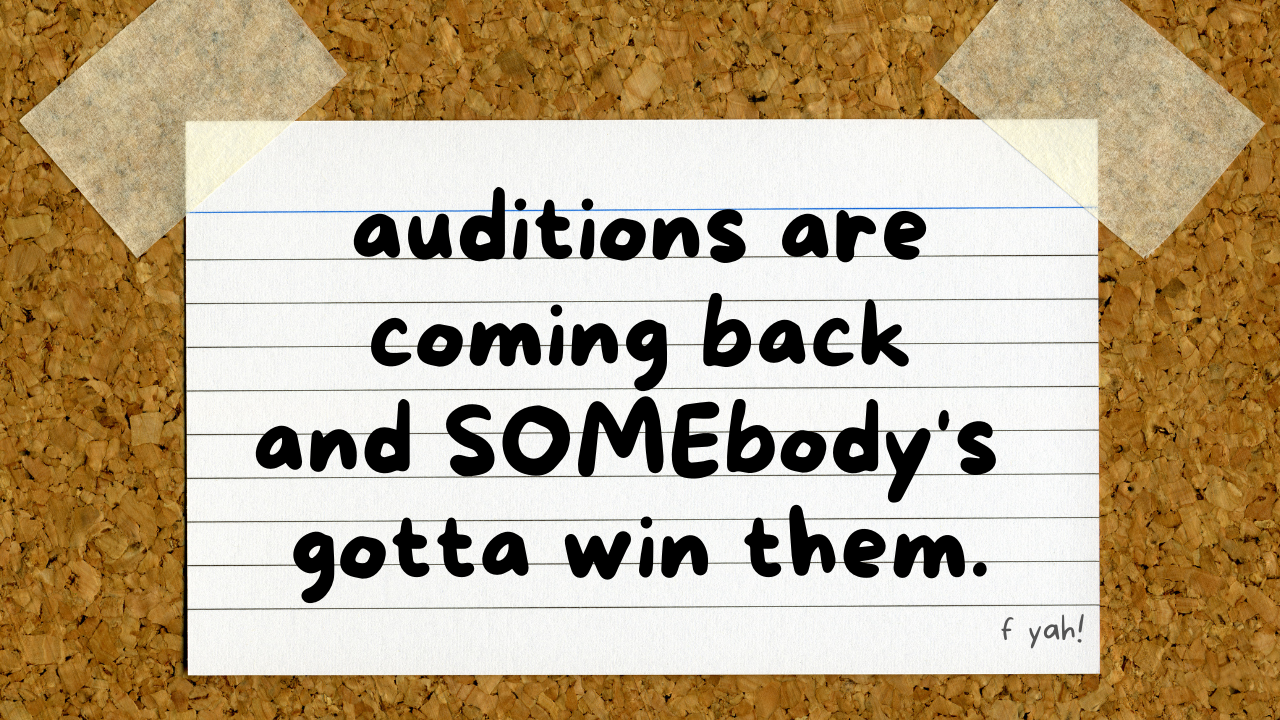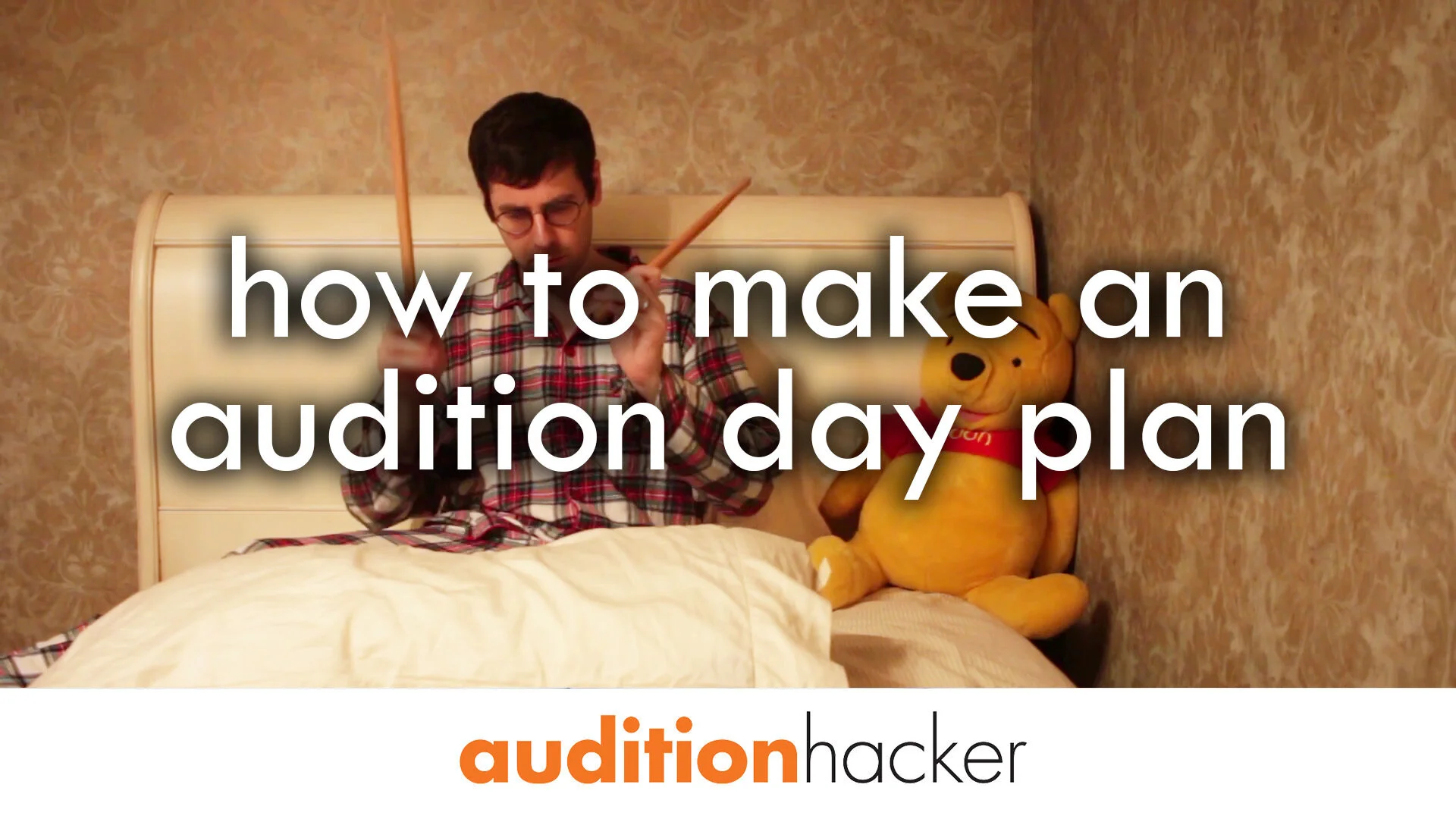if you’re the person who practices the MOST, does that mean you’re gonna win your next audition?
well, it certainly doesn’t hurt to practice a lot, but…it’s not enough.
“guess what? everybody works hard now.” -will james, principal percussionist of the st. louis symphony
it’s true. if you can find super effective ways to improve your technique and your playing then you should do that kind of practicing a lot. but some people just spin their wheels in the practice room. they turn the metronome on, they play through their excerpts, and they don’t really think about what they’re doing. they don’t make strategic decisions on what method to use to overcome a certain problem. sometimes they don’t even notice they’re having a certain problem!
you can’t just practice the most. you need to practice wisely.
i asked will james, the aforementioned principal percussionist of st. louis, to go to a bar with me and talk about how he practices excerpts for auditions or for his new video series called the repertoire.
he talks about:
- how to attack obstacles
- how to focus on your weaknesses
- how he prepares excerpts for auditions, recordings, and orchestra
- what he’s going to do during his tacets during his next opera :P
today’s video is about how to practice smart, not just hard (with will james, principal percussionist of st. louis).
it's episode #8 of the auditionhacker podcast, and i'll go over my best methods for getting better feedback.
it’s episode #7 of the auditionhacker podcast, and i’ll go over:
how i spent 6 months perfecting the 12 delécluse études,
the special strategy i used in preparation, called “the magical shrinking self-recording workflow”,
how preparation needs to be structured for a recording vs. a live audition, and
my best tips and strategies to make a recording session go smoothly.
it’s episode #6 of the auditionhacker podcast, and i’m going over:
the legendary and now-defunct practice of challenges,
adopting the olympian mindset as a musician, and
the most accurate indicator of future audition success.
i've worked with hundreds of musicians on audition preparation. and nothing - NOTHING - has been as effective and life-changing as when they start self-recording the right way.
imprecise rhythm is something that can get you cut from an audition IMMEDIATELY (regardless of your instrument). and great rhythm is something that an audition committee can sense, both consciously and subconsciously. hearing someone play in the pocket just feels good.
well, i have a few tricks up my sleeve to straighten out my rhythm, and today i'm sharing one of the most effective strategies.
in today's episode, i'll go over:
my audition journey and how i ended up winning the met opera job,
3 of my favorite audition hacks, and
the one thing that's so much more meaningful than the result of the audition.
things i do on audition day:
warm up by playing on the hotel pillow,
watch vast amounts of tv shows on my phone, and
never drink coffee.
when i was in detroit in february i got to interview three great DSO musicians on how they approach audition day. pretty fascinating to see how their approaches are so different from each other.










in 2019, a cellist named maria reached out to me about her audition struggles. on paper, she was the “worst audition candidate ever” (her words). she had 2 small children, a full-time teaching job, and hadn’t taken an audition in 4 years.